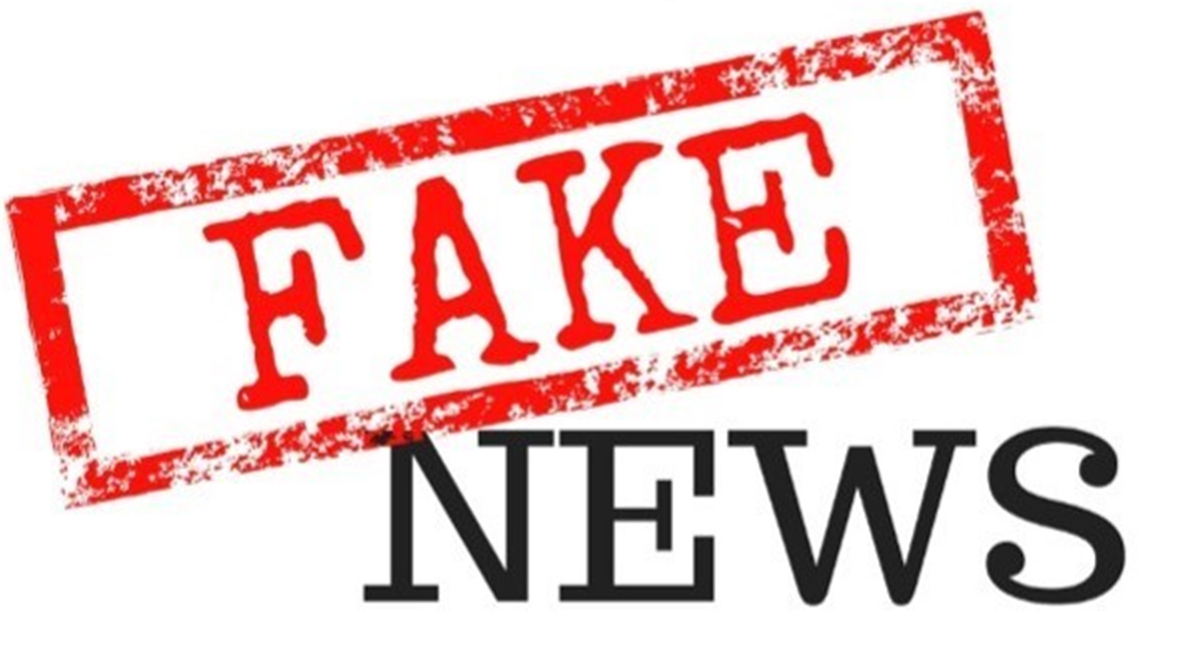Julia Cogliano
jc493114@ohio.edu
WHAT IS THE CODE OF ETHICS?
A Code of Ethics helps balance out the journalism world. There is a guideline that sets a standard for how each journalist should publish things, and give them an idea of what is considered morally right and what is considered morally wrong. However, in the journalism world, a lot of things are neither white, or black, but more in the "grey" area. Code of Ethics gives each journalist the opportunity to create their own ethics. Journalists are trusted by society to publish correct information. The Code of Ethics was made so that each journalist and reader both had an understanding that ethically and morally, only correct, reliable information should be posted to the public.
OUR RESPONSIBILITY AS JOURNALISTS
As journalists, as mentioned before, we are trusted to be aware of the Code of Ethics. This is ensuring that we have a clear understanding of how serious our job is to inform the public of morally correct information. That being said, each Journalist needs to have their own understanding of the Code of Ethics. According to Focus more on fighting Bad Journalism, not on Fake news , the article states that journalists should worry about posting real information, instead of posting anything just to seem more trusting or more reliable than another journalist. By having their own understanding of the Code of Ethics, journalists are able to have a guideline of their work to make sure they are publishing correct information to the public, and the public will be able to trust the information is ethically correct.
WHAT IS FAKE NEWS?
For the past two years, the saying "Fake News," has been on the rise. However, does anyone know what exactly fake news is? How can one source claim that they have factual information, and then another person claim that it is a complete hoax? This ties into Code of Ethics because journalists inform the public, and have a duty to serve the public in an honest way. Readers have the choice to believe each thing they read or hear, and make their own personal decision based on who is giving the information, and what support they have to make the information seem valid.
HOW CAN WE AVOID FAKE NEWS?
As journalists, we need to make quick decisions. While reviewing an article, we should always look at the sources and see if we agree with the person who is claiming that an article uses reliable sources, and then question if can trust the information being told. We can avoid fake news by making sure that we are posting reliable, true, and morally correct information out into the world. By taking responsibility ourselves, we are ensuring that truthful, reliable, and real news is being published. However, we can not control what other Journalists post. We can take matters into our own hands by expressing what we feel is morally correct for a Journalist to post, and then checking other Journalists sources and information before we share information on websites such as Facebook. In the article When it comes to the academic study of fake news, "bullshit receptivity," is a thing, fake polls are brought up. Anything on the internet can be as easily fake as it is real. In my opinion, as journalists, the greatest thing we can do to avoid fake news is to make sure we are using sources that we personally trust, to avoid publishing any information with bad support such as fake polls.
HOW DOES FAKE NEWS AFFECT SOCIETY?
Fake news affects society greatly. Fake news has been around for a while, however within the past few years the saying has becoming known to much more people. Recently, journalists have struggled with gaining the public's trust. Fake news makes readers question which information is true or false, which has the public questioning almost every article until they do their own research and make their own opinion.

Picture Courtesy of Medium.com
https://medium.com/@PsychBehind/psychology-behind-fake-news-c5dd4c43d680
No comments:
Post a Comment